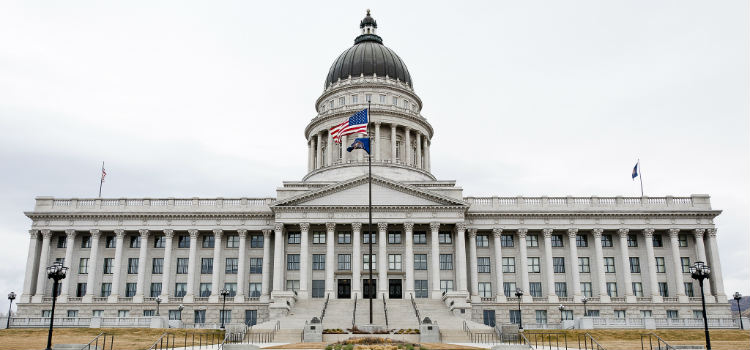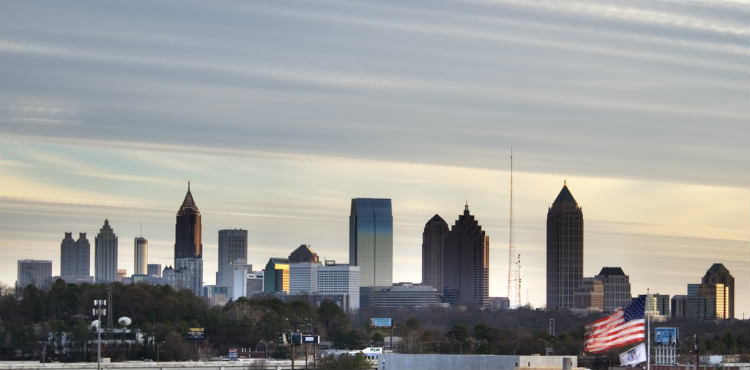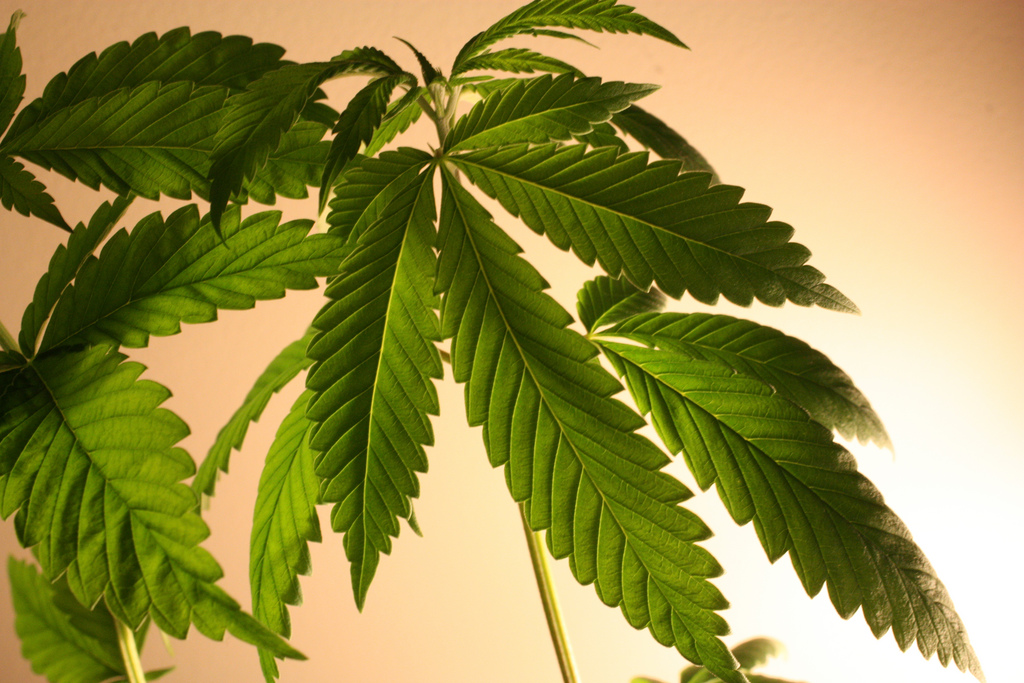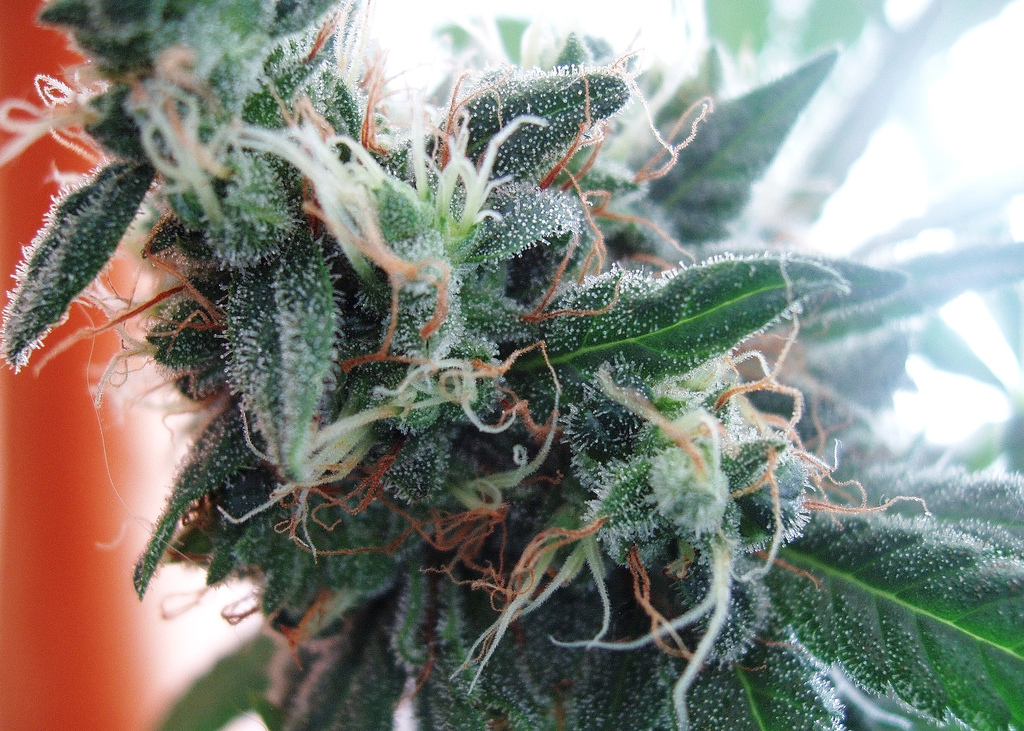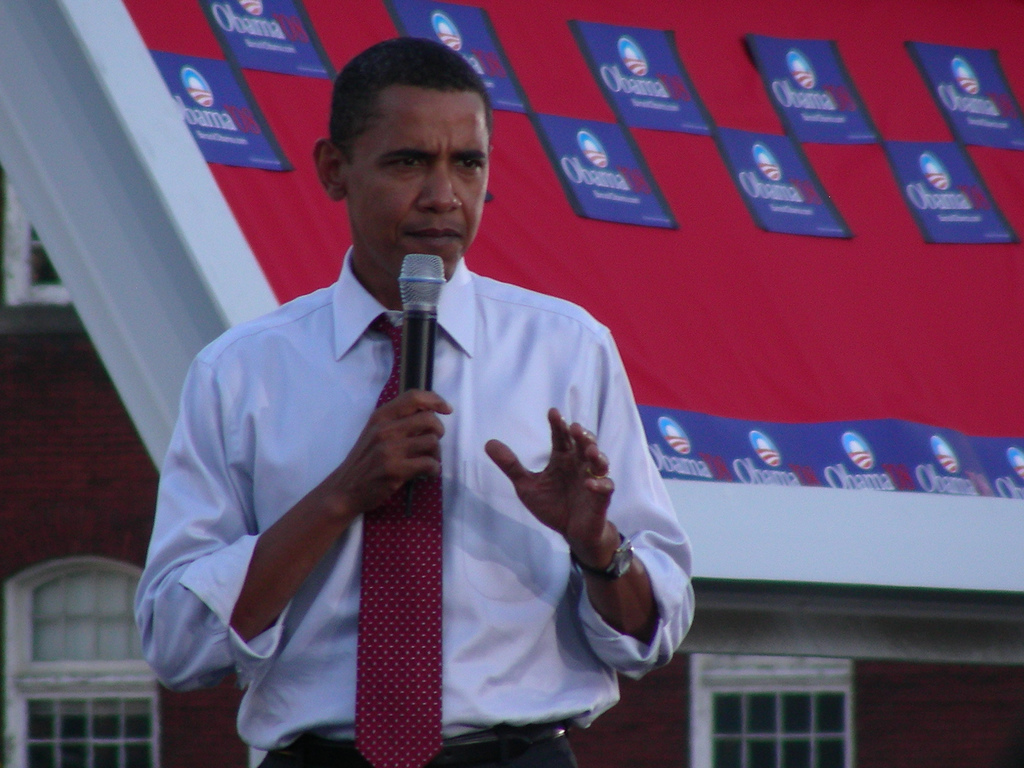In May of this year, Kentucky sued the federal government for confiscating the state’s legally-acquired Italian hemp seeds, sparking a fiasco that enraged hemp supporters nationwide. The seeds were eventually returned and planted as part of a pilot crop for Kentucky’s industrial hemp industry. That pilot crop was harvested earlier this week and has been called a great success.
“There’s a great possibility that [hemp] could become a viable crop in Kentucky,” said David Williams, a University of Kentucky agronomist. Williams is an overseer of operations at the UK hemp research plot. “It’s not the most complicated plant to grow for farmers. I think they would pick up on it immediately with very little guidance.”
Six universities and twelve farmers were involved in Kentucky’s hemp experiment, which took place on about 15 acres of land scattered throughout the state. The UK plot reportedly grew quickly and easily: “The plants … have been allowed to grow on their own, and they’ve done just fine,” Williams said.
The hemp harvested this week was a variety grown for fiber production. The plants will remain in the field for two more weeks, however, as part of the curing process.
Hemp, the non-psychoactive sister plant to cannabis, was once considered a staple crop by Kentucky farmers. During the federal government’s crackdown on marijuana in the 1970s, however, growing hemp was also outlawed and the American hemp industry disappeared. Under the most recent Farm Bill, however, the federal government ruled to allow states that have legalized hemp cultivation to begin experimentation with industrializing the plant once more.
A thief reportedly stole several plants during the night last week. Adam Watson, the state’s hemp program coordinator, explained that the thief likely didn’t understand it was hemp and not marijuana being grown on the eastern Kentucky plot. “You can’t use it to get high,” he said. “So we expect it’s … a case of mistaken identity.”
Kentucky is not alone in its experimentation with industrial hemp. Twelve other states — California, Colorado, Hawaii, Indiana, Maine, Montana, Nebraska, North Dakota, Oregon, Utah, Vermont, and West Virginia — have passed legislation allowing industrial hemp for research and/or commercial purposes. Meanwhile, actual licenses for growing pilot hemp crops were issued to farmers this year in Kentucky, Colorado, and Vermont.
Though this year’s hemp-growing season has concluded, Kentucky farmers are already looking forward to next year’s crop. After attending this year’s harvest, Everett McIntosh, a farmer from Garrard County, explained that he was curious about converting some of his own land into hemp production. “There’s so much work invested in farming that this would seem much more economical, if they can come up with processing locations,” he said. “That’s the only problem right now is to see who’s going to invest in that.”
Sources:
http://www.thedailychronic.net/2014/37136/hemp-crop-successfully-harvested-in-kentucky/
Photo Credit: Chris H
